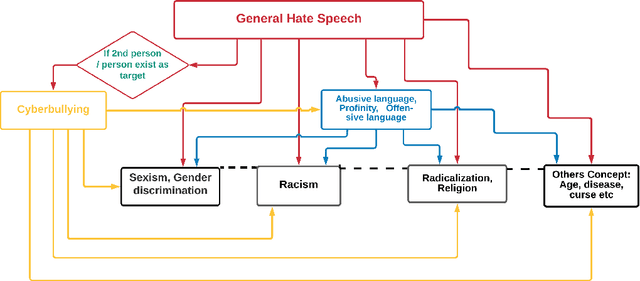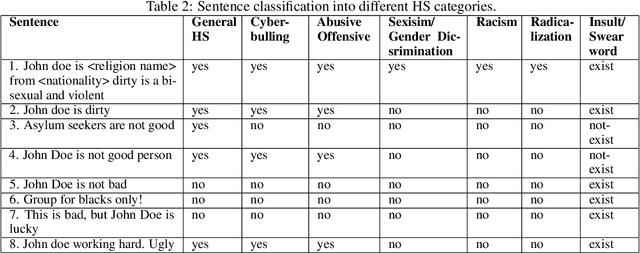A systematic review of Hate Speech automatic detection using Natural Language Processing
Paper and Code
May 22, 2021



With the multiplication of social media platforms, which offer anonymity, easy access and online community formation, and online debate, the issue of hate speech detection and tracking becomes a growing challenge to society, individual, policy-makers and researchers. Despite efforts for leveraging automatic techniques for automatic detection and monitoring, their performances are still far from satisfactory, which constantly calls for future research on the issue. This paper provides a systematic review of literature in this field, with a focus on natural language processing and deep learning technologies, highlighting the terminology, processing pipeline, core methods employed, with a focal point on deep learning architecture. From a methodological perspective, we adopt PRISMA guideline of systematic review of the last 10 years literature from ACM Digital Library and Google Scholar. In the sequel, existing surveys, limitations, and future research directions are extensively discussed.
 Add to Chrome
Add to Chrome Add to Firefox
Add to Firefox Add to Edge
Add to Edge